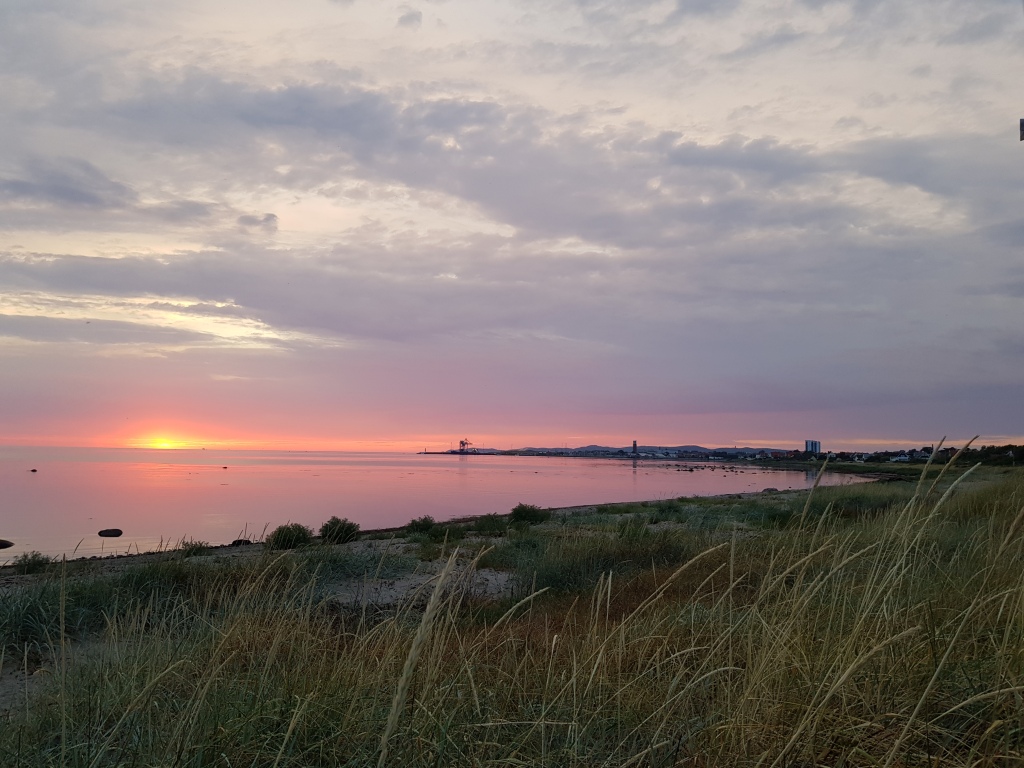The last 2 weeks I have been immersed in a digital online environment and it was a new social experience. This has been a “learning by doing” experience and these are my reflections that allow me to be an “experiential learner” (Kolb). Being able to communicate and learn online with PBL in a group made me reflect how amazing the technology is that allows us to interact online with participants from several countries. This shows that social learning theory is also applicable in the digital world (Bandura). I have a lot of experience with face-to-face PBL and I must admit that I found that it was easy to adjust PBL online. A requirement seems that group participants need to be motivated maybe even more that in face-to-face meetings, because it is more fragmented. That explains why it might be even more important to reflect on this learning experience in the digital practice.
Another aspect of the last 2 weeks was the webinar with David White where he presented the difference between using the internet as technical tools and being socially active on the internet. My own practice I presume has been more on the first type and I have not been active on social medias as I have been very aware about what I share in the internet. I guess this is because I work as a statistician and I know that information might be very sensitive. My work as a statistician consists at analysing numerical data. Statistics is about how to think clearly and accurately with data. I think digital literacy is about how to think clearly and accurately with digital information.
I understand that the generation Y (millennials) is born within the digital revolution and has a lot of facilities to use these digital tools. The amount of available information on the internet is enormous where we exchange instantaneously pictures, knowledge, videos, blogs and more. In front of this enormous amount of information it might be necessary to have critical thinking about decrypting the information (“fake news”).
But online digital learning and networking is fun and I look forward to learn more about it! 
“But where shall I begin” asked Alice. “Begin at the beginning”, the King said gravely, “and go on till you come to the end: then stop”.
– Lewis Caroll,
Alice’s Adventures in Wonderland.

Kolb D. Experiential learning: experience as the source of learning and development. Englewood Cliffs, N.J.: Prentice-Hall; 1984.
Bandura A. Social learning theory. Englewood Cliffs, N.J.: Prentice Hall; 1977.